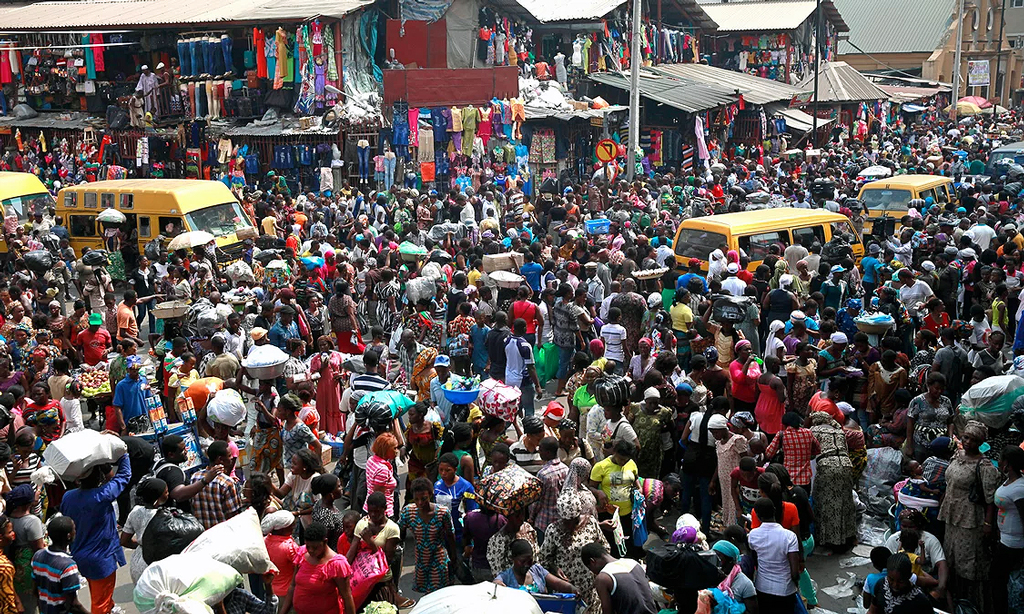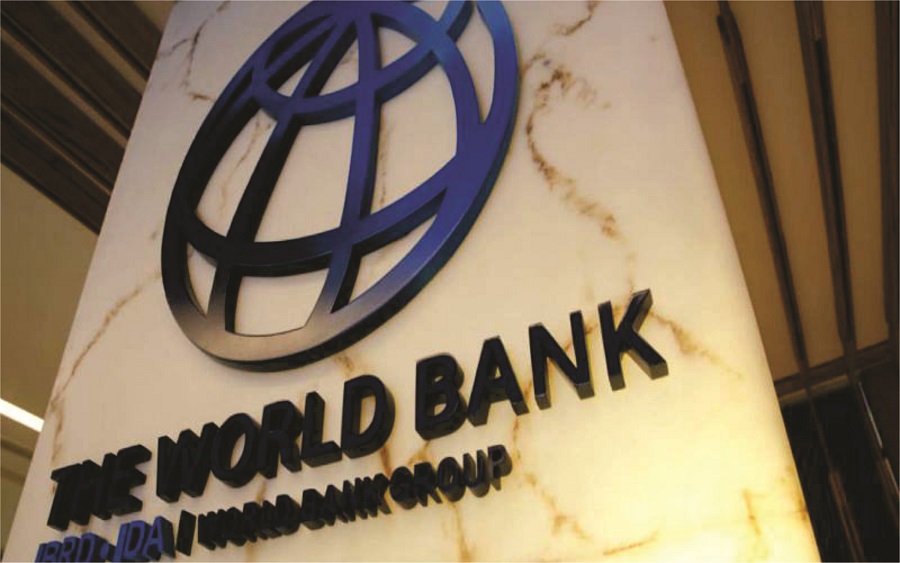Last October, the World Bank released its Ease of Doing Business Index for 2018 titled- “Doing Business 2018: Reforming to Create Jobs”. The report revealed that Nigeria fared better in 2018 by occupying the 145th position as against the 169th and 170th positions it occupied in 2017 and 2016 respectively. By so doing, Nigeria now ranks alongside Uzbekistan and Thailand as the top ten improved countries for doing business. But the development does not call for merriment because, despite the slight improvement, Nigeria still lags behind. After all, there is a wide margin between the 145th position and the first.
What informed the slight improvement?
Dr Kayode Fayemi, the Minister in charge of Nigeria’s Mines and Steel Development sector recently revealed in an interview that various government’s reforms are responsible for the noticed improvement. In corroboration of the minister’s claim, the World Bank report noted that numerous reforms by governments helped to improve their business environments in the past year.
These economies together, implemented 53 business regulation reforms across 10 of the areas measured by doing business.
Overall, the 10 top improvers implemented the most regulatory reforms in the area of getting credit, starting a business, dealing with construction permits and paying taxes.
It should be recalled that the Presidential Enabling Business Environment Council was set up in July 2016 by President Muhammadu Buhari and tasked with the responsibility of removing the bureaucratic bottlenecks involved in the business process in Nigeria. Several agencies have since taken steps towards reforms aimed at impacting positively on business owners in the country.
Highlights of the report
The Ease of Doing Business report uses quantitative data to measure some key dimensions of the regulatory environment as they affect local businesses. Some of the key indicators include the following-
- How long it takes to register a new business
- Dealing with construction permits
- Property registration
- Getting electricity
- Resolving insolvency and
- Labour market regulations among others.
Nigeria’s ranking based on each of these enumerated yardsticks are generally poor compared to high performing countries such as Singapore, New Zealand, Mauritius and Estonia. For instance, on a scale of 1-190 (with one being the highest), Nigeria’s ranking came in at the 130th position in terms of ease of registering a new business. In the same vein, the country ranked 172nd when it comes to access to electricity. In terms of property registration, Nigeria is in the 179th position. Access to credit is Nigeria’s best rank, occupying the 6th position.

Why Nigeria must not feel relaxed with this report
Agreed, Nigeria’s performance in this year’s report contains obvious improvements compared to previous ratings. Yet, a lot more improvement is needed. This is because most, if not all the problems that have encumbered smooth business operations in the country still persist. Administrative bottlenecks/bureaucracy is Chief among these problems, as is access to electricity. For instance, an average Nigerian company may have to spend up to N1.2 million in monthly electricity bills paid to the power holding companies, even as more is often spent on diesel for the generator no thanks to the epileptic power supply.
Indeed, it cannot yet be said with confidence that Nigeria is an easy place to do business. The government still has a lot of work to do as far as putting in place the right regulatory framework is concerned. As Kristalina Georgieva, the CEO of The World Bank said, “policy reforms catalyze private investment. Promoting a well-functioning private sector is a major undertaking for any government. It requires long-term policies of removing administrative
barriers and strengthening laws that promote entrepreneurship.”
Therefore, until the Nigerian Government can successfully reform the system so that Nigeria can at least compete with high performing African countries [on the index] such as Mauritius, Kenya, Botswana, South Africa, Zambia and Seychelles, we will continue to have an uneasy business environment which in turn negatively affect the economy and the Nigerian






















